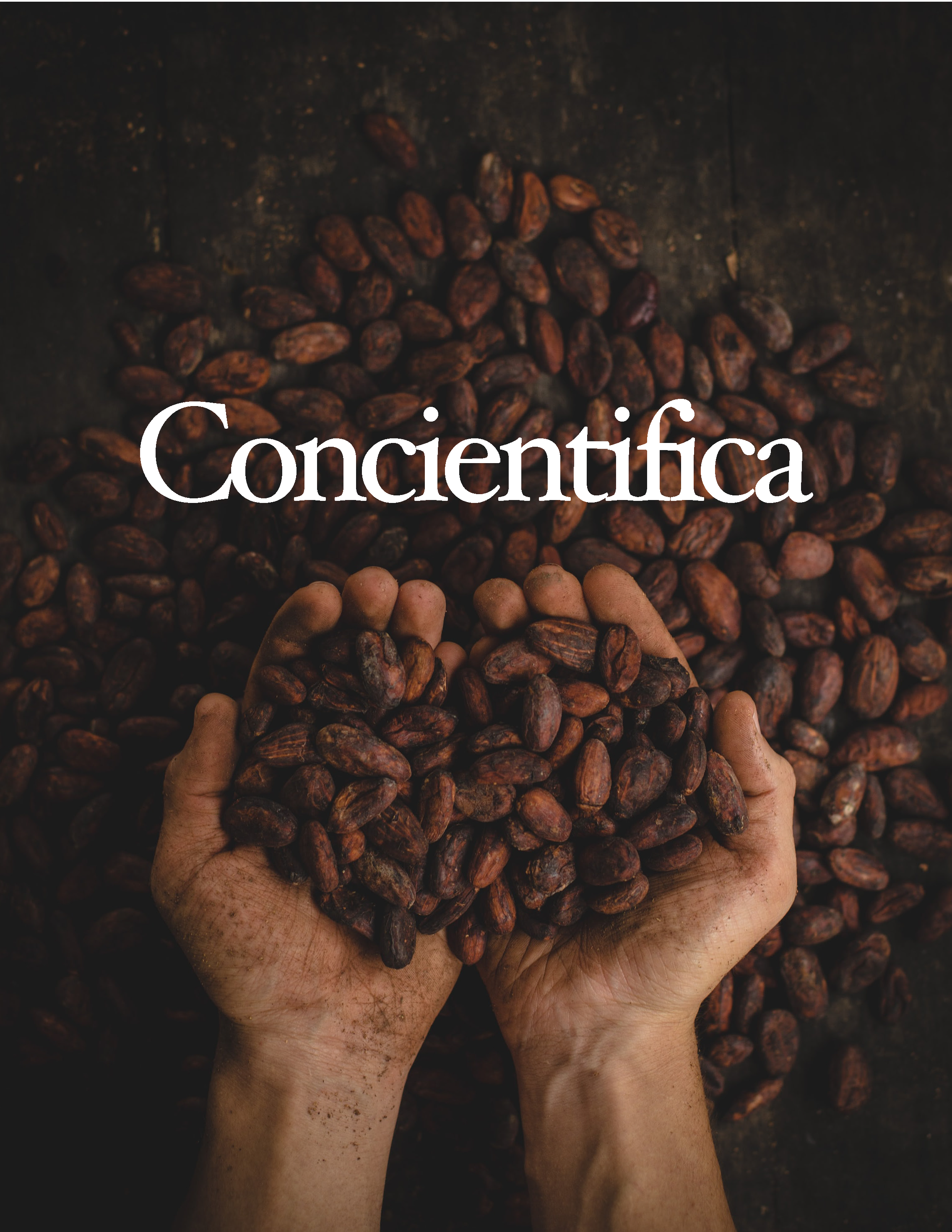Alimentos tradicionales de origen mexicano
¿Cómo contribuyen para combatir la obesidad a través de la microbiota intestinal?
Resumen
En los últimos años se han asociado al desarrollo de la obesidad distintos factores de riesgo; como una dieta alta en grasas, actividad sedentaria y factores genéticos. Sin embargo, cada vez existe más evidencia científica sobre el desequilibrio en la microbiota intestinal con múltiples condiciones, entre ellas la obesidad. La alteración de la microbiota intestinal interviene en la patogénesis de la obesidad a través de múltiples mecanismos, como la alteración del balance energético, la regulación del apetito, la síntesis y el almacenamiento de grasas. Los alimentos tradicionales de origen mexicano son aquellos empleados por los indígenas en épocas prehispánicas y que se han preservado en la cultura alimentaria de nuestra región. Los alimentos de la dieta tradicional mexicana como nopal, cacao, grillo, frijol común y aguacate contienen componentes bioactivos que han sido investigados en el tratamiento coadyuvante de la obesidad debido a que mejoran la microbiota intestinal, poseen efectos antioxidantes y antiinflamatorios, así como disminuyen el peso corporal y el perfil lipídico.
Citas
Apovian C. M. (2016). Obesity: definition, comorbidities, causes, and burden. The American journal of managed care, 22(7 Suppl), s176–s185.
Liu, B. N., Liu, X. T., Liang, Z. H., & Wang, J. H. (2021). Gut microbiota in obesity. World journal of gastroenterology, 27(25), 3837–3850.
Valerino-Perea, S., Lara-Castor, L., Armstrong, M. E. G., & Papadaki, A. (2019). Definition of the Traditional Mexican Diet and Its Role in Health: A Systematic Review. Nutrients, 11(11), 2803.
Gibson, G. R., Hutkins, R., Sanders, M. E., Prescott, S. L., et al. (2017). Expert consensus document: The International Scientific Association for Probiotics and Prebiotics (ISAPP) consensus statement on the definition and scope of prebiotics. Nature reviews. Gastroenterology & hepatology, 14(8), 491–502.
El-Mostafa, K., El Kharrassi, Y., Badreddine, A., Andreoletti, P., Vamecq, J., El Kebbaj, et al. (2014). Nopal cactus (Opuntia ficus-indica) as a source of bioactive compounds for nutrition, health and disease. Molecules (Basel, Switzerland), 19(9), 14879–14901.
Corona-Cervantes, K., Parra-Carriedo, A., Hernández-Quiroz, F., Martínez-Castro, N., et al. (2022). Physical and Dietary Intervention with Opuntia ficus-indica (Nopal) in Women with Obesity Improves Health Condition through Gut Microbiota Adjustment. Nutrients, 14(5), 1008.
Ali, F., Ismail, A., & Kersten, S. (2014). Molecular mechanisms underlying the potential antiobesity-related diseases effect of cocoa polyphenols. Molecular nutrition & food research, 58(1), 33–48.
Tzounis, X., Rodriguez-Mateos, A., Vulevic, J., Gibson, G. R., et al. (2011). Prebiotic evaluation of cocoa-derived flavanols in healthy humans by using a randomized, controlled, double-blind, crossover intervention study. The American journal of clinical nutrition, 93(1), 62–72.
Acosta-Estrada, B. A., Reyes, A., Rosell, C. M., Rodrigo, D., & Ibarra-Herrera, C. C. (2021). Benefits and Challenges in the Incorporation of Insects in Food Products. Frontiers in nutrition, 8, 687712.
Stull, V. J., Finer, E., Bergmans, R. S., Febvre, H. P., et al. (2018). Impact of Edible Cricket Consumption on Gut Microbiota in Healthy Adults, a Double-blind, Randomized Crossover Trial. Scientific reports, 8(1), 10762.
Thompson, H. J., McGinley, J. N., Neil, E. S., & Brick, M. A. (2017). Beneficial Effects of Common Bean on Adiposity and Lipid Metabolism. Nutrients, 9(9), 998.
Lutsiv, T., McGinley, J. N., Neil-McDonald, E. S., Weir, T. L., Foster, M. T., & Thompson, H. J. (2022). Relandscaping the Gut Microbiota with a Whole Food: Dose-Response Effects to Common Bean. Foods (Basel, Switzerland), 11(8), 1153.
Khan, N. A., Edwards, C. G., Thompson, S. V., Hannon, B. A., Burke, S. K., Walk, A. D. M., et al. (2021). Avocado Consumption, Abdominal Adiposity, and Oral Glucose Tolerance Among Persons with Overweight and Obesity. The Journal of nutrition, 151(9), 2513–2521.
Thompson, S. V., Bailey, M. A., Taylor, A. M., Kaczmarek, J. L., et al. (2021). Avocado Consumption Alters Gastrointestinal Bacteria Abundance and Microbial Metabolite Concentrations among Adults with Overweight or Obesity: A Randomized Controlled Trial. The Journal of nutrition, 151(4), 753–762.
Green, M., Arora, K., & Prakash, S. (2020). Microbial Medicine: Prebiotic and Probiotic Functional Foods to Target Obesity and Metabolic Syndrome. International journal of molecular sciences, 21(8), 2890.
Torres-Maravilla, E.; Méndez-Trujillo, V.; Hernández-Delgado, N.C.; Bermúdez-Humarán, L.G.; et al. (2022). Looking inside Mexican Traditional Food as Sources of Synbiotics for Developing Novel Functional Products. Fermentation, 8(3),123

Descargas
Publicado
Cómo citar
Número
Sección
Licencia
Derechos de autor 2023 Revista de divulgación científica iBIO

Esta obra está bajo una licencia internacional Creative Commons Atribución-NoComercial-SinDerivadas 4.0.
Se permite el autoarchivo o deposito de los trabajos en su versi´ón post-publicación (versión editorial) en cualquier repositorio personal, institucional o temático, redes sociales o científicas. Lo anterior aplica desde el momento de la publicación del artículo en cuestión en la página web de la Revista de divulgación científica iBIO.




